Dealing With Coronavirus Anxiety
To all of our program participants and volunteers,
As you know, we recently had to temporarily suspend all of our in person group meetings (Nurturing Parenting Programs and Circle of Parents Support Groups). It has become clear now that we will have to extend the suspension of in person meetings until at least April 30.
We have been thinking about ways for us to continue meeting in "virtual groups," using platforms like Zoom or GoToMeeting or Facebook. You may have been contacted already about this possibility. You are also welcome to get in touch with us, if you are interested.
Staying Positive and Connected in This Time of Coronavirus Anxiety
Although it is very hard to deal with things being shut down and all the changes, we need to maintain a positive mental outlook. With all the unwelcome and tragic things that are happening in the world as a result of the coronavirus, now might seem like an unusual time to talk about being positive. Yet staying positive is a core ingredient of successful coping in a crisis.
Now, more than ever, is the time for us to be proactive about creating small moments of happiness in our days. There are a few really practical things you can do in this time of coronavirus anxiety to foster positive emotions:
Savor the small moments: Even during periods of isolation, you still have many small moments to savor. The smell of coffee, the feel of the warm shower, music you love, a beautiful sunset, and so on. When you stop to take in these moments, rather than let them rush by, you are giving your brain a chance to process the pleasure, which boosts your serotonin – the feel good neurotransmitter that helps elevate your mood and make you feel calm.
Strengthen your social connections: For those who live with family or friends, now is the opportunity to spend quality time with your loved ones. Take the time to hug your children or partner, look them in the eyes, have conversations with them – these things promote closeness and also boost your oxytocin, which is a hormone that helps people bond and also has a calming effect on your body. When your oxytocin levels spike, this tells your body to switch off cortisol, the stress hormone. If your children are away from you, take every opportunity to reach out that you reasonably can. Call. Set up a video chat. Get creative - make a video of you reading a story and send it. Mail something special or arrange to have a gift sent, if you can.
Look for the good in others: These types of crises can bring out both the worst and the best in human nature. But you can choose to focus on the best in human nature, like how we are rising to the coronavirus challenge. Doctors and medical staff are working overtime to help sick patients. Scientists are trying to find a cure. Philanthropists are donating money. Communities are putting together care packages and figuring out how to take care of their people. People are posting positive messages on social media. Friends from across the globe reaching out to each other. When we tune into these positive and pro-social aspects of the crisis, we find hope.
This is a seriously difficult time for many of us. Hearing about an illness like COVID-19 that we have no immunity for can make us feel anxious and helpless. But there are many things we can do to manage stress, stay connected, and take good care of ourselves (You can read more about this here: https://www.helpguide.org/articles/anxiety/coronavirus-anxiety.htm).
Although our groups cannot meet in person right now, our staff continues to work remotely. We are in the process of forming some "virtual groups" online. We are also available to discuss parenting concerns and questions. You can contact the Family Support Coordinator in your region or call the Parent's Helpline at 1-800-CHILDREN (800-244-5373).
Steven Ness, Family Support Programs Manager (802-498-0623) (sness@pcavt.org)
Heather Niquette, Family Support Programs Coordinator for Chittenden, Addison, Franklin & Grand Isle Counties (802-498-0607) (hniquette@pcavt.org)
Cindy Wells, Family Support Programs Coordinator for Caledonia, Lamoille, Orleans & Essex Counties (802-498-0611) (cwells@pcavt.org)
Cindy Atkins, Family Support Programs Coordinator for Rutland, Bennington & Windham Counties (802-498-0608) (catkins@pcavt.org)
Amber Menard, Family Support Programs Coordinator for Washington, Orange & Windsor Counties (802-552-4274) (amenard@pcavt.org)

